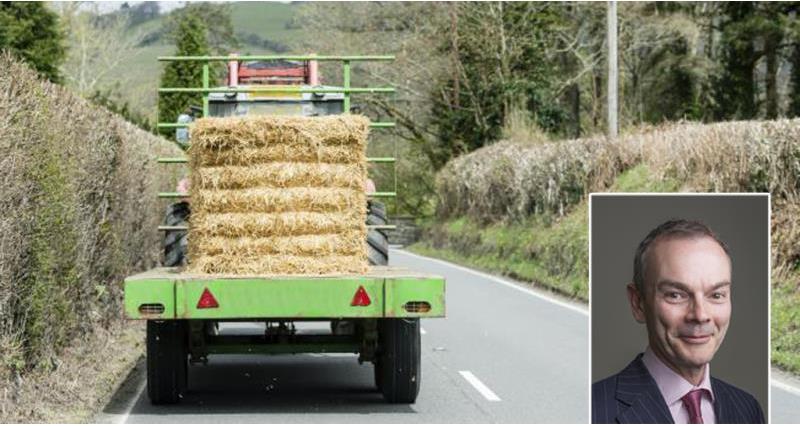Do trailers and agricultural vehicles need to be road worthy? The answer is 100% YES.
All vehicles that go on the road must be roadworthy with equipment such as lights, brakes, tyres and number plates present and in working order. Using a defective vehicle can result in enforcement action with fines, penalty points and prohibition notices issued if a vehicle is considered unfit for service.
Employers have duties under the Health and Safety at Work Act 1974 to ensure that reasonable steps are taken to ensure the health, safety and wellbeing of employees and others affected by their business activities.
They have additional duties under the Provision and Use of Work Equipment Regulations (PUWER) to ensure that work equipment is suitable for the purpose intended, well maintained and that those using the equipment are adequately trained. Providing defective vehicles and trailers for use at work can lead to enforcement action and, as the events recently described in court in Cambridgeshire show, lead to tragic outcomes which can be avoided.
Transport related incidents are the biggest cause of fatal accidents in agriculture. Accidents can and should be avoided. One way to help make sure you, staff and the public stay safe is to keep vehicles and especially trailers well maintained. A vehicle safe to go on road is safe to use on farm as well.
Information and advice to help users of farm equipment to comply with the law in a practical way using a common set of forms to guide and record actions is available on NFU online in the “Farm Vehicle Health Check “guide. The guide gives details of checks to perform on a daily and periodic basis.
Functioning and effective brakes are a key element in making sure trailers are safe to be on the road. Trailers towed at speed up to 40 km/h (approximately 25 mph) must have brakes that achieve a braking efficiency of 25%. Trailers towed at speeds over 40 km/h are required by law to achieve a braking efficiency of at least 45%. Advice on what to look for when buying or hiring a trailer to make sure it is right for your needs is available in the NFU “Trailer Buying Guide” available here.
The measurement of braking efficiencies does require specialised equipment not usually found in farm workshops. Many dealers who are members of BAGMA do have the testing equipment and training to carry out brake tests. Details of dealers who can provide a brake testing facility are available on the BAGMA website here.
